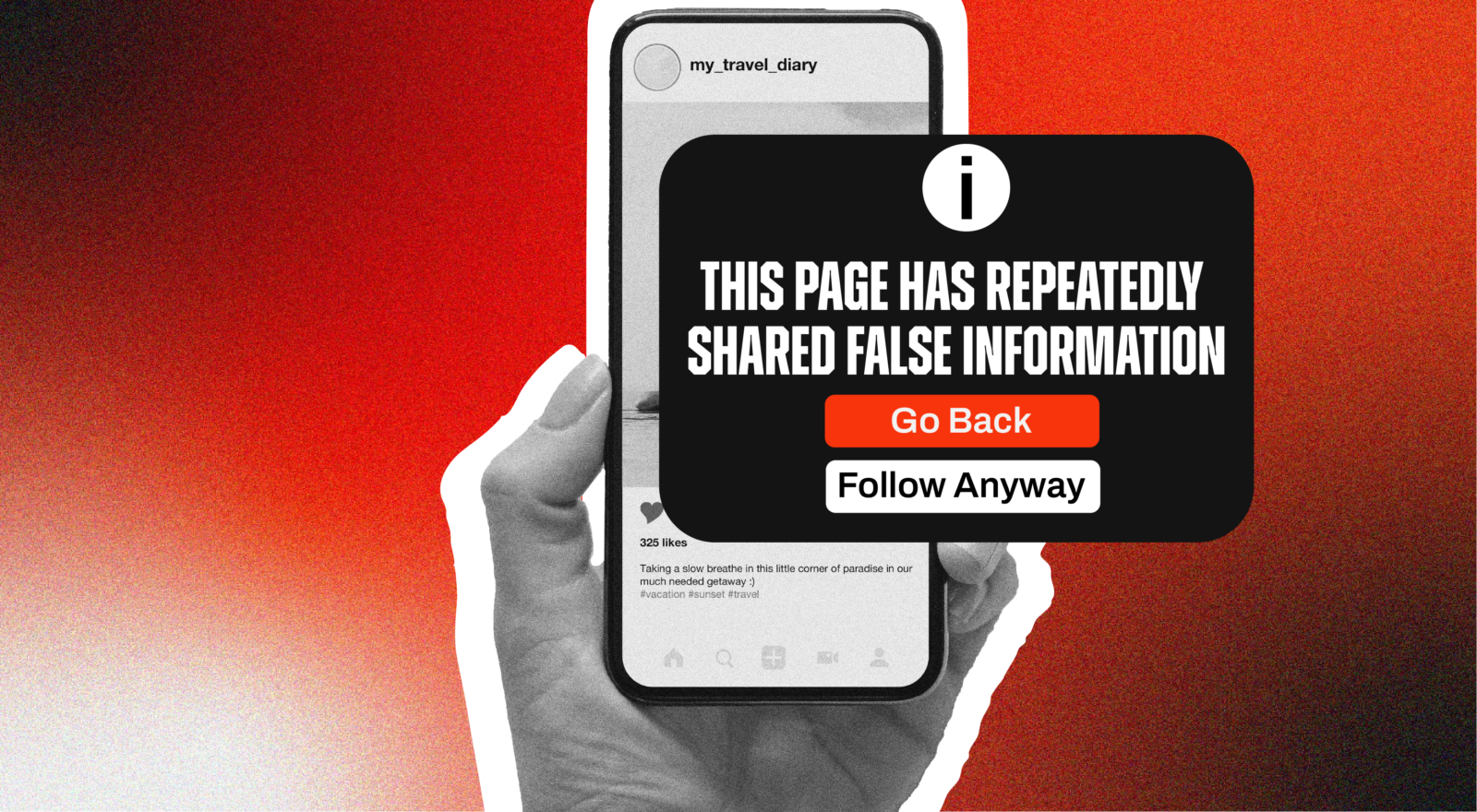Last Tuesday, Mark Zuckerberg announced that Meta’s fact-checking policy will change in an effort to simplify the company’s policies. Originally created to limit the spread of disinformation across both Facebook and Instagram, the policy came into effect after the 2016 election when the company was under fire for the unchecked dissemination of questionable content across Meta platforms. This public scrutiny led Meta to turn to organizations vetted by the International Fact-Checking Network to review information and either note that it was false or remove the content altogether – organizations like The Associated Press, ABC News and others.
Meta is dropping the fact-checking policy in the U.S. over the coming months and will no longer use news organizations or other third-party groups to verify the accuracy of information shared on its platforms. Restrictions around hot-button topics, like immigration and gender identity, will also be removed. Moving forward, Meta will rely on users to add notes or corrections to posts that contain false or misleading information, similar to X’s Community Notes feature.
Meta claims that the fact-checking policy has limited free expression and led to excessive censorship across its platforms. “Getting back to our roots around free expression on Facebook and Instagram” is how Zuckerberg began his video statement, released on his personal social pages. He also stated that many of these changes stemmed from a “cultural tipping point” marked by the November election.
Zuckerberg also claims that toward the end of 2024, Meta reduced the amount of political content on people’s feeds, as it made them feel stressed. But the company is now receiving feedback that people want to see more of this content.
The changes we can expect from Meta in the U.S. include:
- Institutional fact-checkers replaced with user-produced community notes
- Simplified content policies
- Limited policy enforcement
- Return of civic content
By limiting these current policies, Zuckerberg acknowledges “that we’re going to catch less bad stuff” in order to reduce the number of “innocent peoples’ posts and accounts that we accidentally take down.”
What’s Next
According to the Pew Research Center, 64% of adults said “fake news” caused confusion on basic facts, and 23% said they had shared “fake news,” either knowingly or unknowingly. With the high prevalence of false information in the lives of U.S. social media users even with fact-checkers, the impact from this update will only increase the amount of misinformation shared on Meta’s platforms.
However, change won’t happen overnight. As with every other major social media change, only time will tell how sizable the impact of these changes will be. Over the next few months and beyond, the MMGY social team will continuously monitor conversation trends and shifts in sentiment for lasting impacts on both the U.S. and international markets.
Should these new policy changes cause a significant shift in brand sentiment or an increase in hate speech or misinformation, we could see Meta update them to find a better middle ground. Meta has a history of rolling back updates based on public sentiment. Just last week they quietly deleted AI profiles after facing backlash from users noticing these accounts pop up in their feeds.
It’s unclear if these policy changes could impact brand safety for paid social media advertising. Meta’s brand safety tools will remain in place, enabling advertising brands to avoid paid placements alongside certain topics. Organic content will continue to be driven by individual social feed algorithms, meaning that no two social feeds will ever be the same. Users will retain the ability to mark unwanted content in their feeds or on their Explore page by labeling it “Not Interested,” and we expect this feature to remain functional in the future.
Since Zuckerberg’s statement, creators and users have been divided on the news, with many praising the move and many others denouncing the update and questioning how facts could contain bias. There also appears to be a growing user movement threatening to leave Meta’s platforms in favor of newer ones, like Bluesky. The MMGY social team will keep a close eye on any shifts in total users across Facebook, Instagram and Threads in order to provide clients with up-to-date counsel.
Social media can and should be a fun, positive place for you to connect with friends and family and discover new interests. How you consume content on these platforms makes all the difference, because the goal of every social media platform is to increase the amount of time users spend on their platform. Ultimately, user satisfaction defines social media.
If you would like to discuss this or any other social media topics further, reach out to [email protected].

